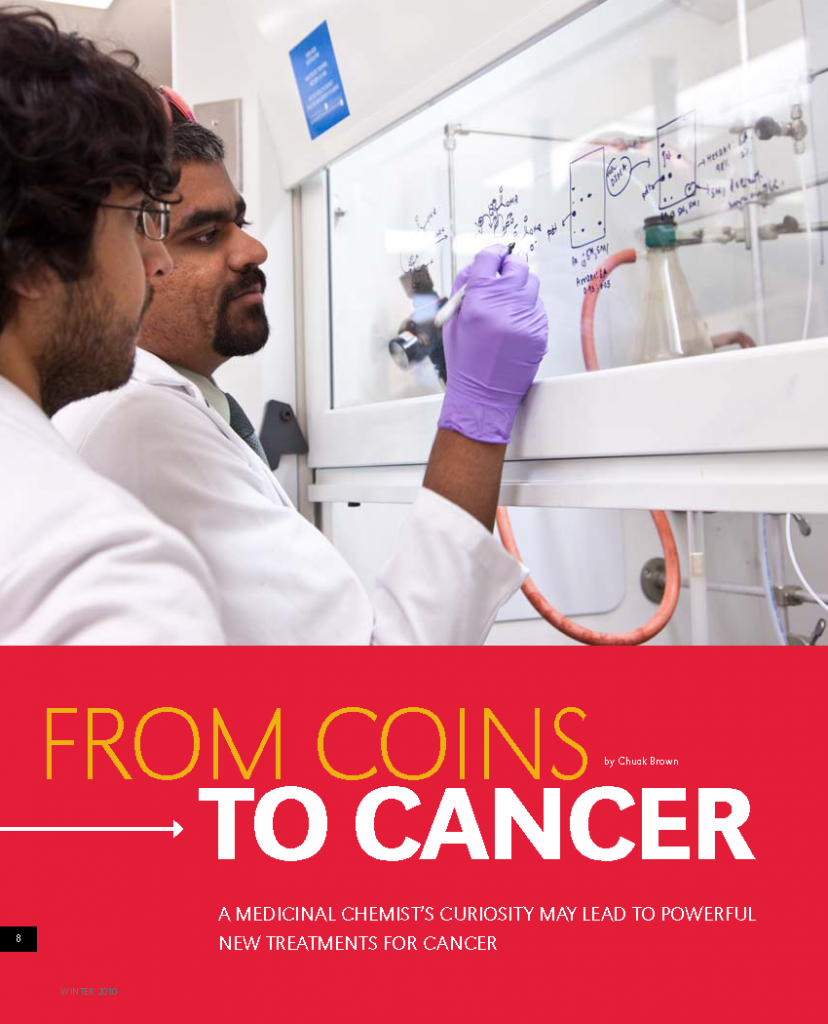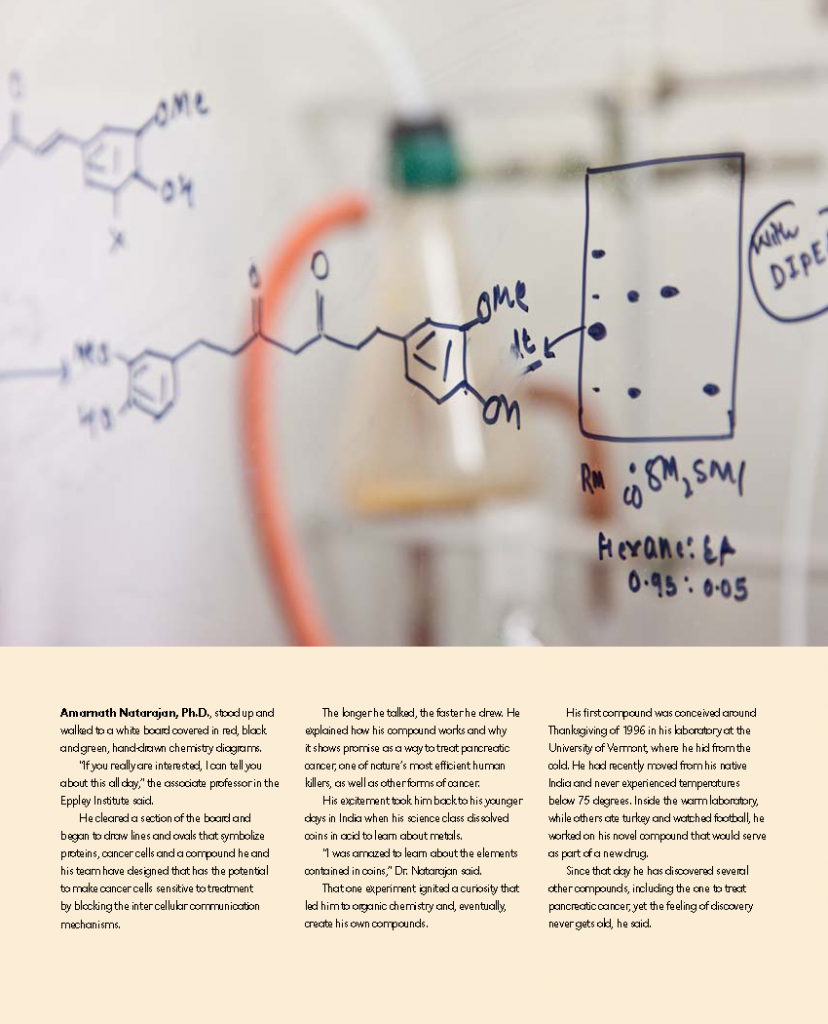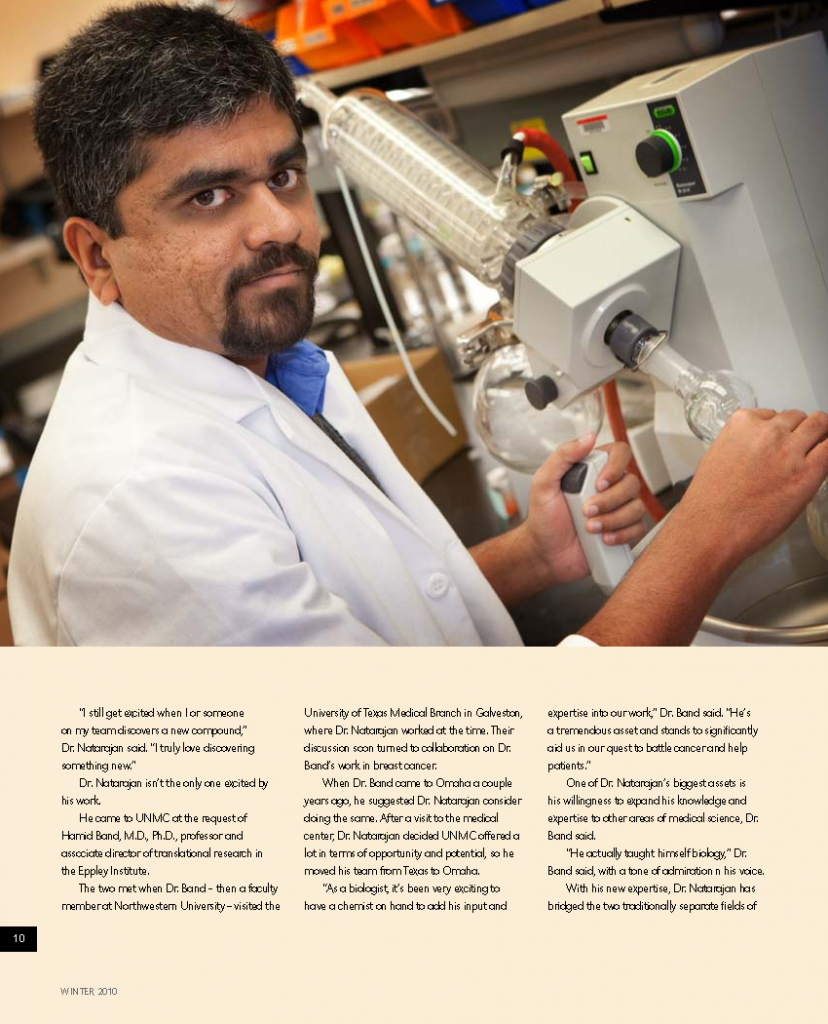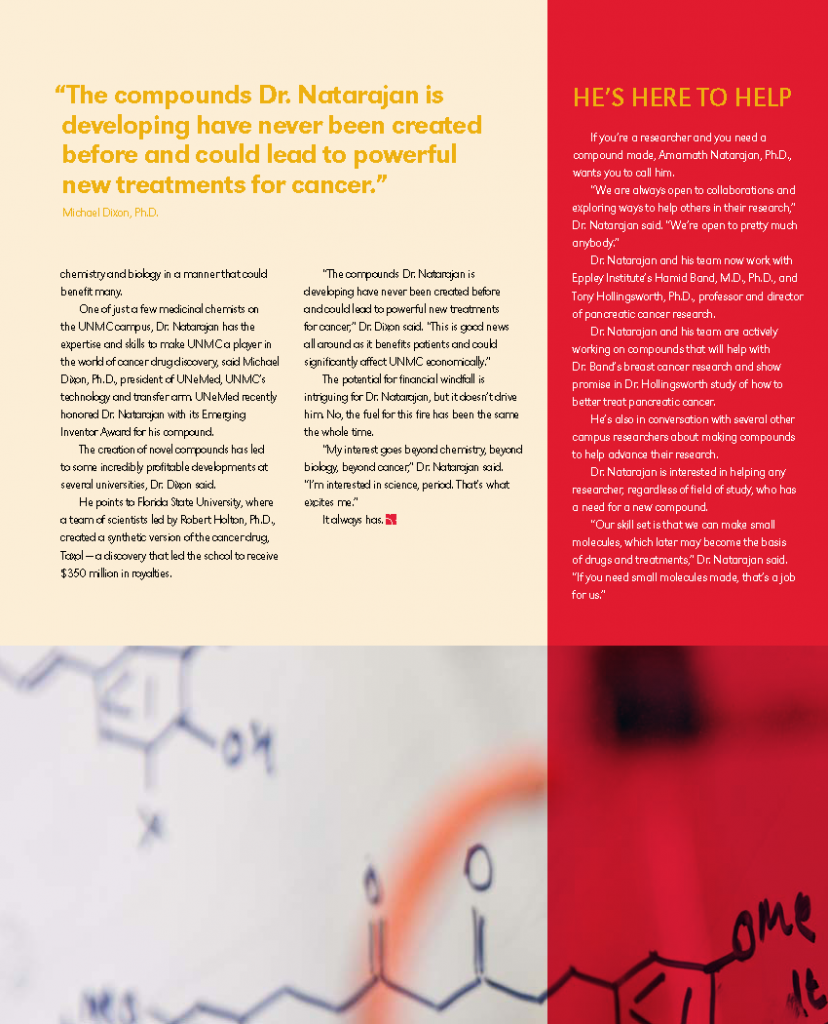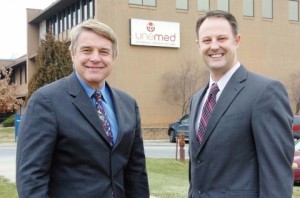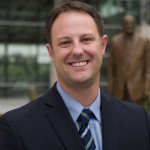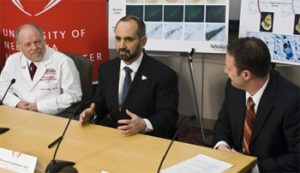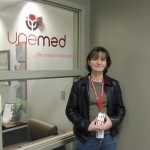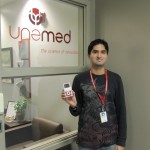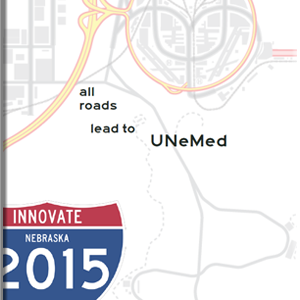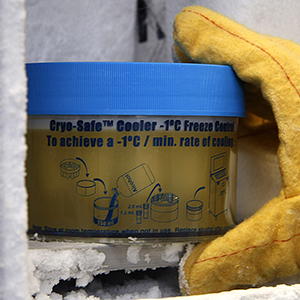OMAHA, Neb. (April 10, 2011)—Do you want to know more about how to protect your ideas and inventions? Are you curious about how to move an idea to the marketplace? On April 16, 2011 UNeMed and the Licensing Executives Society (LES) will host a one day seminar, “Intellectual Property and Licensing Basics” in the Durham Research Center on the UNMC Campus in Omaha.
This course is designed for anyone interested in developing a fundamental understanding of Intellectual Property (IP) commercialization, including students, faculty researchers, entrepreneurs, postdocs, business development professionals and business owners. Those who attend will gain a practical understanding of core IP and licensing concepts from both the business and legal perspectives, which will help them to understand and participate effectively in the process of protecting IP and facilitating its commercialization.
In today’s innovation economy, protection and commercialization of IP is the best way to create high growth/high value companies. IP is used as a means to spur business development, job creation and to help secure a competitive advantage.
The course is taught by both legal and business experts who leverage real-world examples, interactive exercises and valuable information sharing between instructors and fellow students to cover the material in a very dynamic way.
The course covers five areas:
- IP Basics: patents, trademarks, know-how, and trade secrets
- Smart strategies for creating, organizing, managing and securing IP assets
- Bringing IP to market
- Royalties and ideas for maximizing IP value
- A licensing game with an interactive deal negotiation
This is part of LES’ popular Professional Development Series. LES is a professional society comprised of nearly 5,000 members engaged in the transfer, use, development and marketing of intellectual property.
This course has been approved for 7.5 hours of CLE credit. Registration includes breakfast, lunch and a networking reception. And, this is a particularly good opportunity for students who can register for only $35 and receive a free one-year membership to LES (USA & Canada). For more information about the seminar: LES Seminar 4.16.11.
For more information on the course or to register visit www.lesusacanada.org/newlicensing/apr11.

